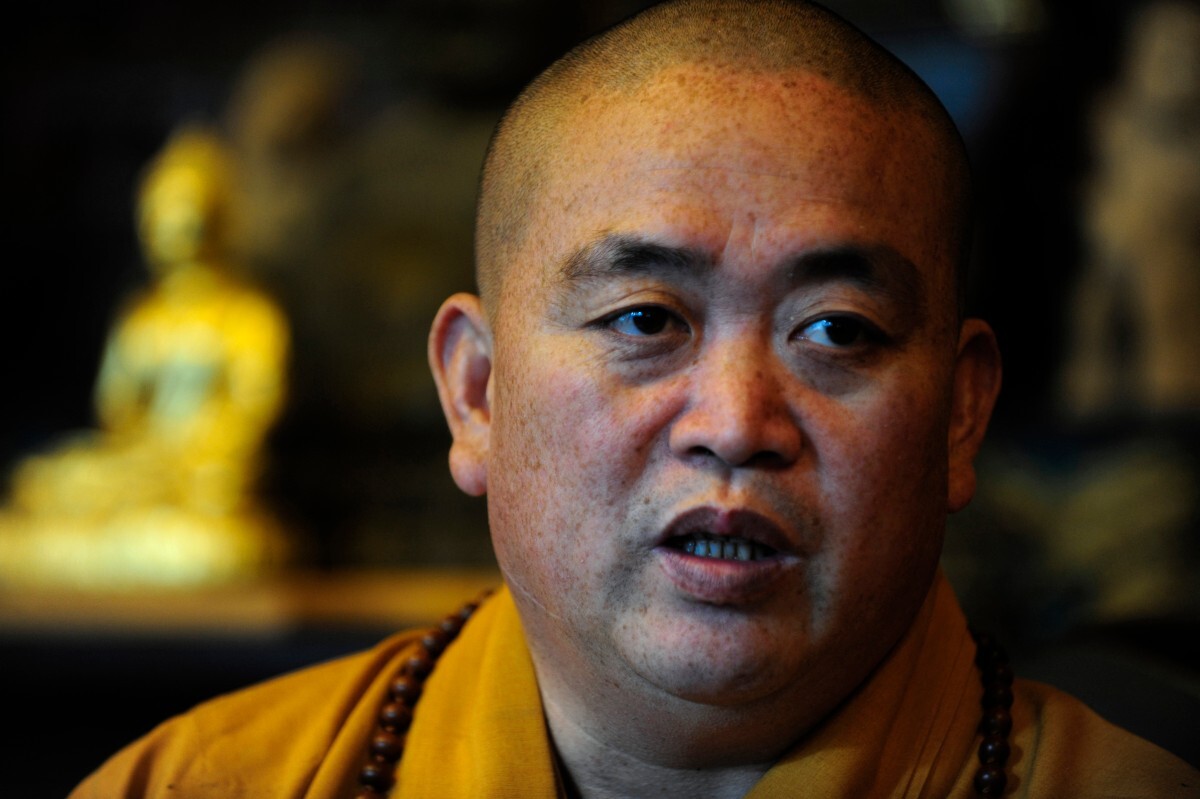
Some 40,000 of those who put down tools — including some in the auto industry — rallied in Seoul and 13 other cities, the Korean Confederation of Trade Unions (KCTU), a major labour umbrella group, said.
An AFP journalist in the capital said a crowd of around 10,000 workers gathered outside the country’s parliament wearing red headbands, chanting slogans and waving banners, as hundreds of riot police took positions nearby.
The KCTU estimated 160,000 affiliated workers would join the walkout nationwide.
A government move to introduce greater flexibility to the country’s maximum 52-hour work week — to adjust to fluctuations in demand — has particularly angered workers.
They are also calling for liberal president Moon Jae-in’s government to deliver on election promises to raise the minimum wage from 7,530 won (US$6.66) to 10,000 won (US$8.85) by 2020.
Earlier this month, Moon sacked his top two economic officials, as the world’s 11th-largest economy struggles with slowing growth, rising unemployment and persistent income gaps.
These difficulties have hit the president’s approval ratings, now at 52 percent — a drop of 13 percentage points over five weeks, according to Gallup Korea.
[ad unit=2]






